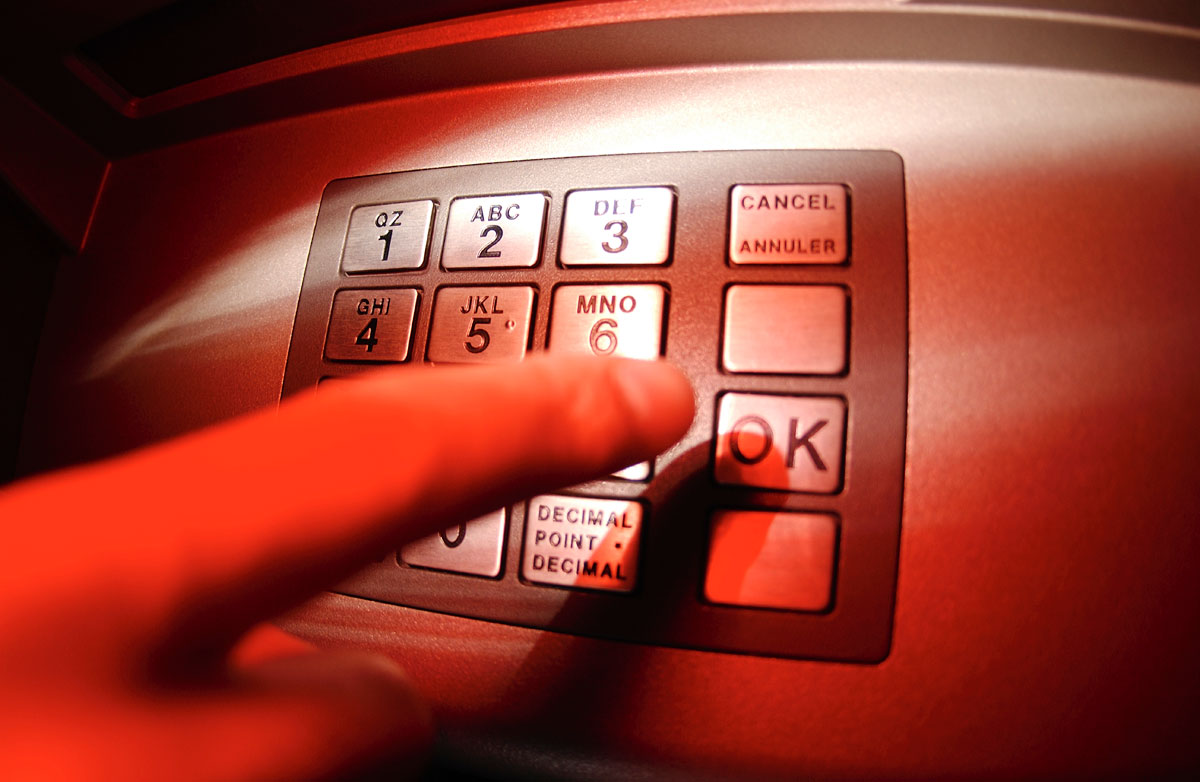‘ANY TIME MONEY’ IN INDIA
Over the recent past, I have realized withdrawing cash from an ATM, anywhere in India, is no longer the quick process as originally envisaged by the inventors of the machine. I am certain Indian computer engineers must have been involved in the invention of the machine, given the integration of the complex hardware and software. However, the original purpose has been defeated. Even Domino’s deliver pizza quicker. I can vouch for the above as I order home delivery quite often, writes Siddharth Srivastava.
As has happened in many more sectors, the marketing people have subverted the brilliance of the original fabricators of the ATM’s. The machines have turned into virtual call centers with never ending auto-generated options that can test the patience of innately unhurried individuals such as myself. When the banks know you are at their ATM, they want to have you for good, like sales-driven private hospitals, their never ending diagnostic tests aimed at generating humongous bills and somehow prove to the patients family that their loved one is about to die horribly unless admitted into ICU that would cost even more.
The ATM machines now approximate a well-oiled mechanized sales force, fed to ask the same set of questions to any customer: Would you be interested in a personal or car or home loan? If you were not banking with us, would you like to open an account? Please do so to avail attractive discounts on our free debit card that is on offer for a limited period only…
Also, do not miss a fabulous offer which closes shortly — lifetime free credit card that entitles you to free air and movie tickets, hotel stays and more … What they don’t tell you obviously is that you will need to spend more than Mukesh Ambani to win that free movie ticket!
And you will need to spend much more than Ambani to win the air ticket. Worse, unlike the cell phone that one can disconnect to temporarily get rid of the pesky sales caller, who will of course call again, one cannot simply walk away from the ATM machine until the transaction is finally over or the debit card is returned from the slot.
![]()
This means there are more compulsory questions to answer like it is with a driving license application form with an infinite list of inquiries requiring the applicant to declare that she has not suffered every disease that might have existed in the world.
Marketing questions aside, most ATM’s have another standard list: Is this your favorite amount withdrawn? Please rate your experience of using our ATM. Would you be using the facility again? Do you want a printed receipt? In case the customer happens to key in “Yes” to this last query, the answer is unerringly: Sorry, this facility is not available right now. Would you still like to proceed? Why have this service when it is never going to be available. And, who would not like to proceed after enduring the torture of trying to withdraw money for so long.
Of course, Indian personalities in general do not make the process of quick money vending easy. They count and recount the cash, stare at notes of big or small denominations to figure whether (or not) it is fake just for mental satisfaction, as the majority does not know the difference. Usually most also have an afterthought like rechecking for account balance or mini statement after pocketing the money to make sure that the correct deduction has been made. During summer, many try and prolong the process, like calling the bank call center, till others start thumping the door from outside, in order to avail free air conditioning inside the ATM.
Mind you, till now I have not even spoken about the most frequent complaints loudly spoken about ATM machines — out of order or out of cash. I have a solution. It might be a good idea to visit the bank branch for a change, like the good old days and cash a check at the cashiers counter. The process could turn out to be quicker. Most cashiers I have met in my life are not the verbose variety. They do not like to talk or ask questions. They need to be focused on counting the money right.
It is important that new technologies and progress make life easier, healthier and less expensive. Many in India today prefer to use the landline instead of cell phones due to call drops and busy networks. Many are opting to cycle to work, instead of driving fancy cars that add to pollution and traffic jams. Many prefer to eat simple food rather than an expensive high calorie fare at a fine dining restaurant. Progress can be counter productive if not handled right and with good intentions.


